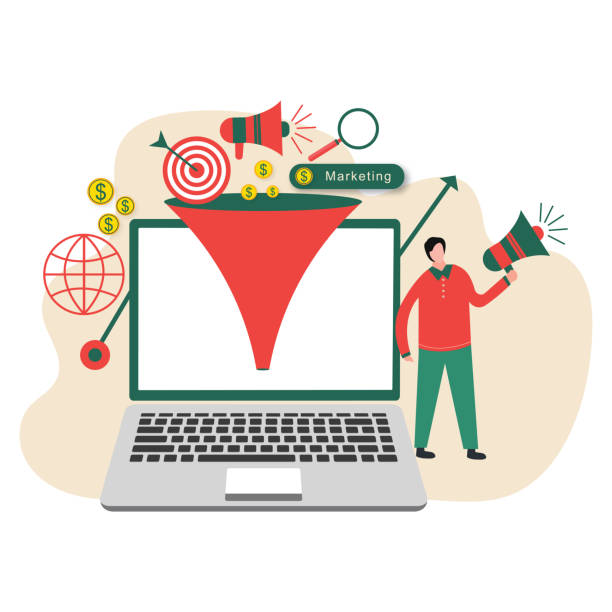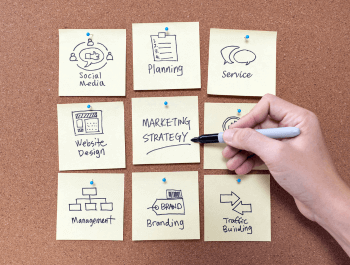Building a successful online store begins with choosing the right ecommerce development company as your partner. With so many agencies offering similar services, it’s crucial to evaluate your options based on your business’s unique needs, long-term goals, and budget. Here’s a detailed guide to help you make an informed decision and choose the best ecommerce development company for your online business.
Before starting your search for a development partner, it’s crucial to clearly define your ecommerce requirements. Start by identifying your business goals—do you want to increase sales, enhance user experience, expand globally, or streamline operations?
Analyze your target audience to understand their preferences, buying behaviors, and preferred platforms. List down the features you expect from your online store, such as advanced search, mobile responsiveness, payment gateway integrations, or custom product filters.
Additionally, ensure the development company is familiar with or can work on platforms compatible with your business model, such as Shopify, Magento, WooCommerce, or a fully custom solution.
When narrowing down your list of potential ecommerce development companies, consider the following critical attributes:
Industry Experience: Choose a company that has a proven track record in ecommerce development, especially in your niche or industry.
Portfolio Review: Check their portfolio for diversity and innovation. Well-designed, high-performing stores are a good indicator of quality.
Technical Expertise: The team should have skills in front-end and back-end development, UX/UI design, SEO, and integrations.
Customer Reviews: Testimonials and case studies can provide valuable insights into a company’s strengths and areas for improvement.
Support and Maintenance: Post-launch support is essential for smooth operations. Ensure they offer long-term maintenance, updates, and troubleshooting services.
A successful ecommerce business needs a customized solution that aligns with brand identity and customer experience. Off-the-shelf templates may not provide the flexibility required to differentiate your business.
Inquire whether the company can create custom features specifically designed to meet your unique requirements. Additionally, your ecommerce solution must be scalable, meaning it can handle increased traffic, product listings, and integrations as your business grows. Ensure the company builds with future growth in mind, allowing easy updates and expansions without starting from scratch.
Understanding ecommerce development costs can be challenging due to the wide variety of pricing models in the industry. Common models include:
Fixed Price: Best suited for smaller projects that have a well-defined scope and requirements.
Hourly Rate: Best for projects where flexibility and ongoing changes are expected.
Dedicated Team: Suitable for long-term, complex ecommerce solutions needing continuous involvement.
Conduct a value vs. cost analysis—the cheapest option isn’t always the best. High-quality development that supports future growth and performance justifies a higher investment. Be sure to align your budget planning with your business priorities.
Clear communication and strong collaboration are essential for ensuring a smooth development process. Ensure the company follows clear client communication strategies, including regular updates, milestone reviews, and proactive problem-solving.
Ask what project management tools they use (like Jira, Trello, or Asana) and how they facilitate real-time feedback loops. A transparent and communicative team ensures fewer misunderstandings, quicker turnarounds, and a better end product.
Analyzing successful ecommerce examples can offer valuable insights. Many top ecommerce development companies publish case studies showcasing how they’ve solved complex challenges or contributed to business growth.
Look for case studies that mirror your business’s size or goals and study the lessons learned. This research can help you assess the company’s capability to deliver results under real-world conditions.
By understanding your needs, evaluating technical capabilities, checking for flexibility and scalability, and reviewing pricing and communication practices, you position your business for long-term success.
Don’t rush the decision—use this guide to make an informed choice, ensuring your ecommerce platform is not only functional but also powerful, scalable, and aligned with your business vision

